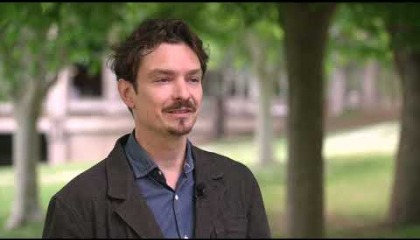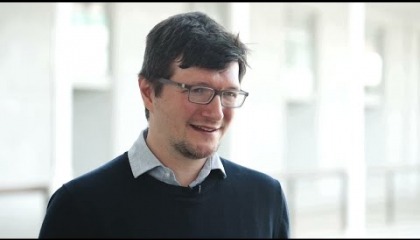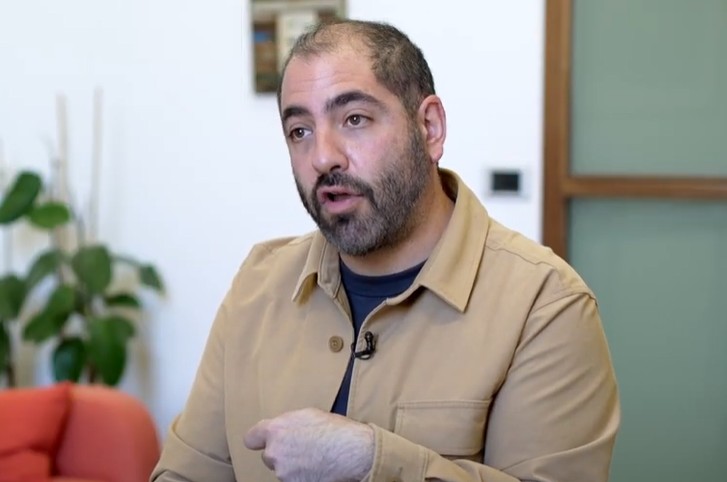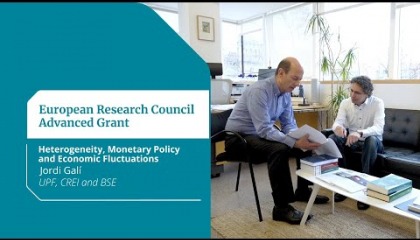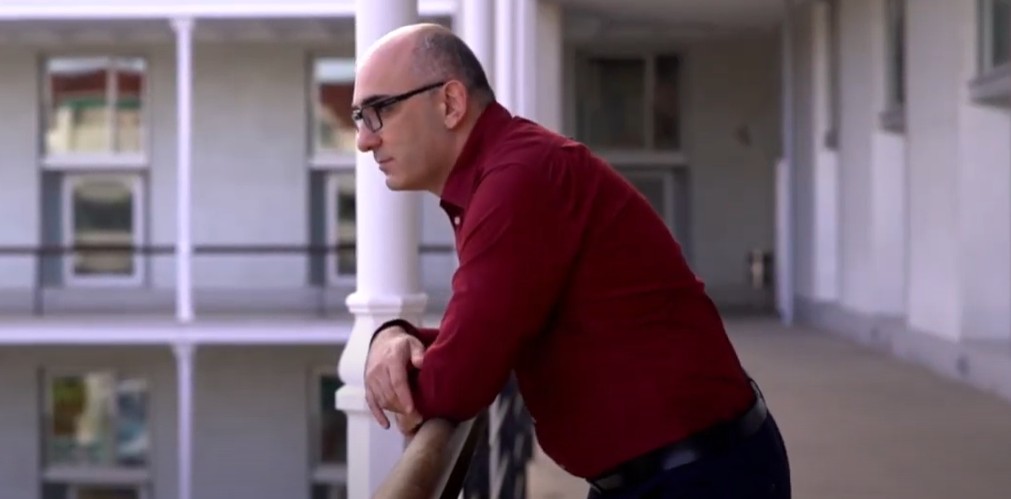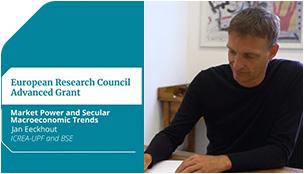Country of Residence Afghanistan, Islamic Republic of Åland Islands Albania, Republic of Algeria, People's Democratic Republic of American Samoa Andorra, Principality of Angola, Republic of Anguilla Antarctica (the territory South of 60 deg S) Antigua and Barbuda Argentina, Argentine Republic Armenia, Republic of Aruba Australia, Commonwealth of Austria, Republic of Azerbaijan, Republic of Bahamas, Commonwealth of the Bahrain, Kingdom of Bangladesh, People's Republic of Barbados Belarus, Republic of Belgium, Kingdom of Belize Benin, Republic of Bermuda Bhutan, Kingdom of Bolivia, Republic of Bonaire, Sint Eustatius and Saba Bosnia and Herzegovina Botswana, Republic of Bouvet Island (Bouvetoya) Brazil, Federative Republic of British Indian Ocean Territory (Chagos Archipelago) British Virgin Islands Brunei Darussalam Bulgaria, Republic of Burkina Faso Burundi, Republic of Cambodia, Kingdom of Cameroon, Republic of Canada Cape Verde, Republic of Cayman Islands Central African Republic Chad, Republic of Chile, Republic of China, People's Republic of Christmas Island Cocos (Keeling) Islands Colombia, Republic of Comoros, Union of the Congo, Democratic Republic of the Congo, Republic of the Cook Islands Costa Rica, Republic of Cote d'Ivoire, Republic of Croatia, Republic of Cuba, Republic of Curaçao Cyprus, Republic of Czech Republic Denmark, Kingdom of Disputed Territory Djibouti, Republic of Dominica, Commonwealth of Dominican Republic Ecuador, Republic of Egypt, Arab Republic of El Salvador, Republic of Equatorial Guinea, Republic of Eritrea, State of Estonia, Republic of Ethiopia, Federal Democratic Republic of Falkland Islands (Malvinas) Faroe Islands Fiji, Republic of the Fiji Islands Finland, Republic of France, French Republic French Guiana French Polynesia French Southern Territories Gabon, Gabonese Republic Gambia, Republic of the Georgia Georgia Germany, Federal Republic of Ghana, Republic of Gibraltar Greece, Hellenic Republic Greenland Grenada Guadeloupe Guam Guatemala, Republic of Guernsey, Bailiwick of Guinea-Bissau, Republic of Guinea, Republic of Guyana, Co-operative Republic of Haiti, Republic of Heard Island and McDonald Islands Holy See (Vatican City State) Honduras, Republic of Hong Kong, Special Administrative Region of China Hungary, Republic of Iceland, Republic of India, Republic of Indonesia, Republic of Iran, Islamic Republic of Iraq-Saudi Arabia Neutral Zone Iraq, Republic of Ireland Isle of Man Israel, State of Italy, Italian Republic Jamaica Japan Jersey, Bailiwick of Jordan, Hashemite Kingdom of Kazakhstan, Republic of Kazakhstan, Republic of Kenya, Republic of Kiribati, Republic of Korea, Democratic People's Republic of Korea, Republic of Kuwait, State of Kyrgyz Republic Lao People's Democratic Republic Latvia, Republic of Lebanon, Lebanese Republic Lesotho, Kingdom of Liberia, Republic of Libyan Arab Jamahiriya Liechtenstein, Principality of Lithuania, Republic of Luxembourg, Grand Duchy of Macao, Special Administrative Region of China Macedonia, The Former Yugoslav Republic of Madagascar, Republic of Malawi, Republic of Malaysia Maldives, Republic of Mali, Republic of Malta, Republic of Marshall Islands, Republic of the Martinique Mauritania, Islamic Republic of Mauritius, Republic of Mayotte Mexico, United Mexican States Micronesia, Federated States of Moldova, Republic of Monaco, Principality of Mongolia Montenegro, Republic of Montserrat Morocco, Kingdom of Mozambique, Republic of Myanmar, Union of Namibia, Republic of Nauru, Republic of Nepal, State of Netherlands Antilles Netherlands, Kingdom of the New Caledonia New Zealand Nicaragua, Republic of Niger, Republic of Nigeria, Federal Republic of Niue Norfolk Island Northern Mariana Islands, Commonwealth of the Norway, Kingdom of Oman, Sultanate of Pakistan, Islamic Republic of Palau, Republic of Palestinian Territory, Occupied Panama, Republic of Papua New Guinea, Independent State of Paraguay, Republic of Peru, Republic of Philippines, Republic of the Pitcairn Islands Poland, Republic of Portugal, Portuguese Republic Puerto Rico, Commonwealth of Qatar, State of Reunion Romania Russian Federation Russian Federation Rwanda, Republic of Saint Barthelemy Saint Helena Saint Kitts and Nevis, Federation of Saint Lucia Saint Martin Saint Pierre and Miquelon Saint Vincent and the Grenadines Samoa, Independent State of San Marino, Republic of Sao Tome and Principe, Democratic Republic of Saudi Arabia, Kingdom of Senegal, Republic of Serbia, Republic of Seychelles, Republic of Sierra Leone, Republic of Singapore, Republic of Sint Maarten (Netherlands) Slovakia (Slovak Republic) Slovenia, Republic of Solomon Islands Somalia, Somali Republic South Africa, Republic of South Georgia and the South Sandwich Islands South Sudan Spain, Kingdom of Spratly Islands Sri Lanka, Democratic Socialist Republic of Sudan, Republic of Suriname, Republic of Svalbard & Jan Mayen Islands Swaziland, Kingdom of Sweden, Kingdom of Switzerland, Swiss Confederation Syrian Arab Republic Taiwan Tajikistan, Republic of Tanzania, United Republic of Thailand, Kingdom of Timor-Leste, Democratic Republic of Togo, Togolese Republic Tokelau Tonga, Kingdom of Trinidad and Tobago, Republic of Tunisia, Tunisian Republic Turkey, Republic of Turkmenistan Turks and Caicos Islands Tuvalu Uganda, Republic of Ukraine United Arab Emirates United Kingdom of Great Britain & Northern Ireland United Nations Neutral Zone United States Minor Outlying Islands United States Minor Outlying Islands United States of America United States Virgin Islands Uruguay, Eastern Republic of Uzbekistan, Republic of Vanuatu, Republic of Venezuela, Bolivarian Republic of Vietnam, Socialist Republic of Wallis and Futuna Western Sahara Yemen Zambia, Republic of Zimbabwe, Republic of

